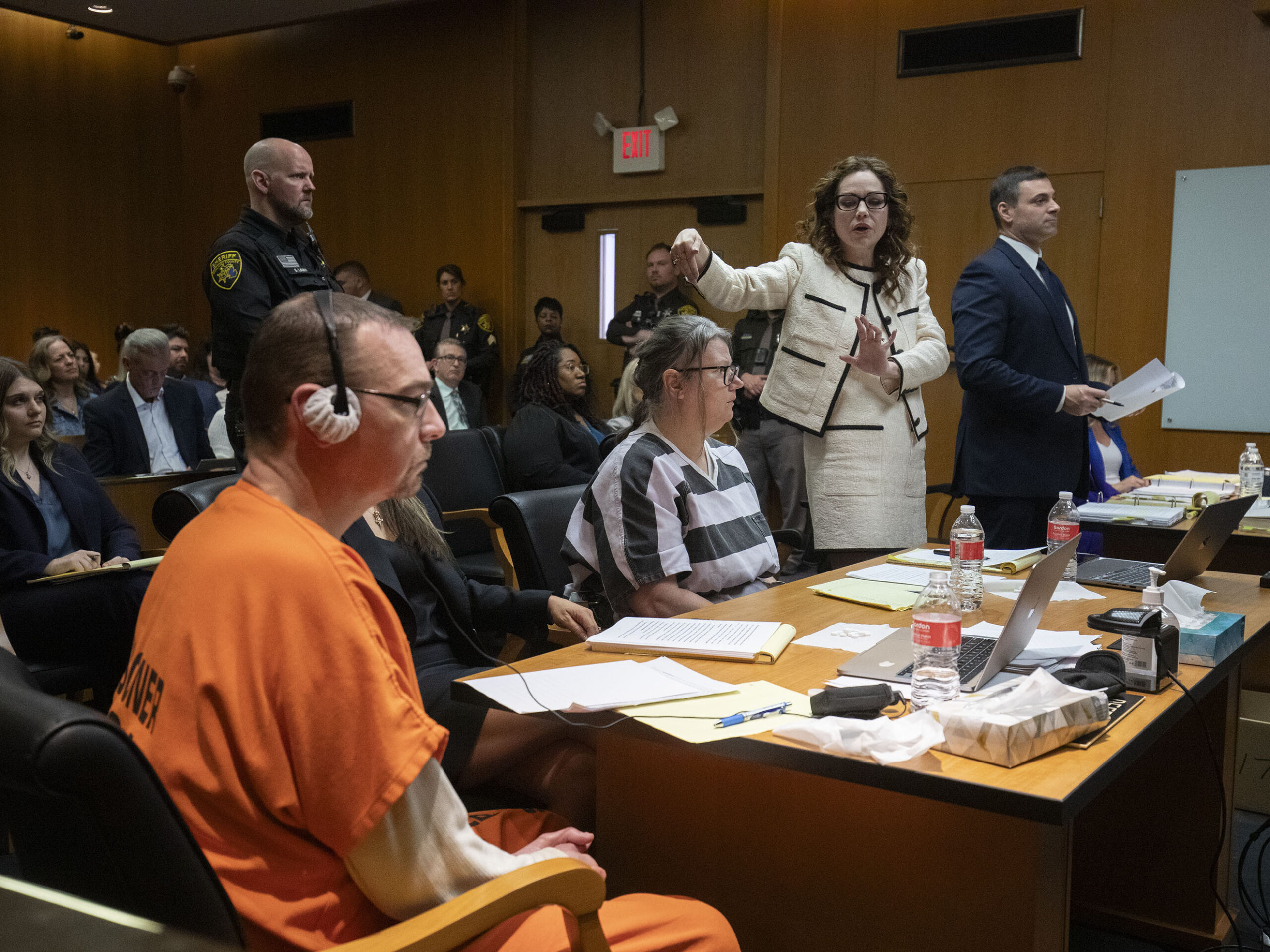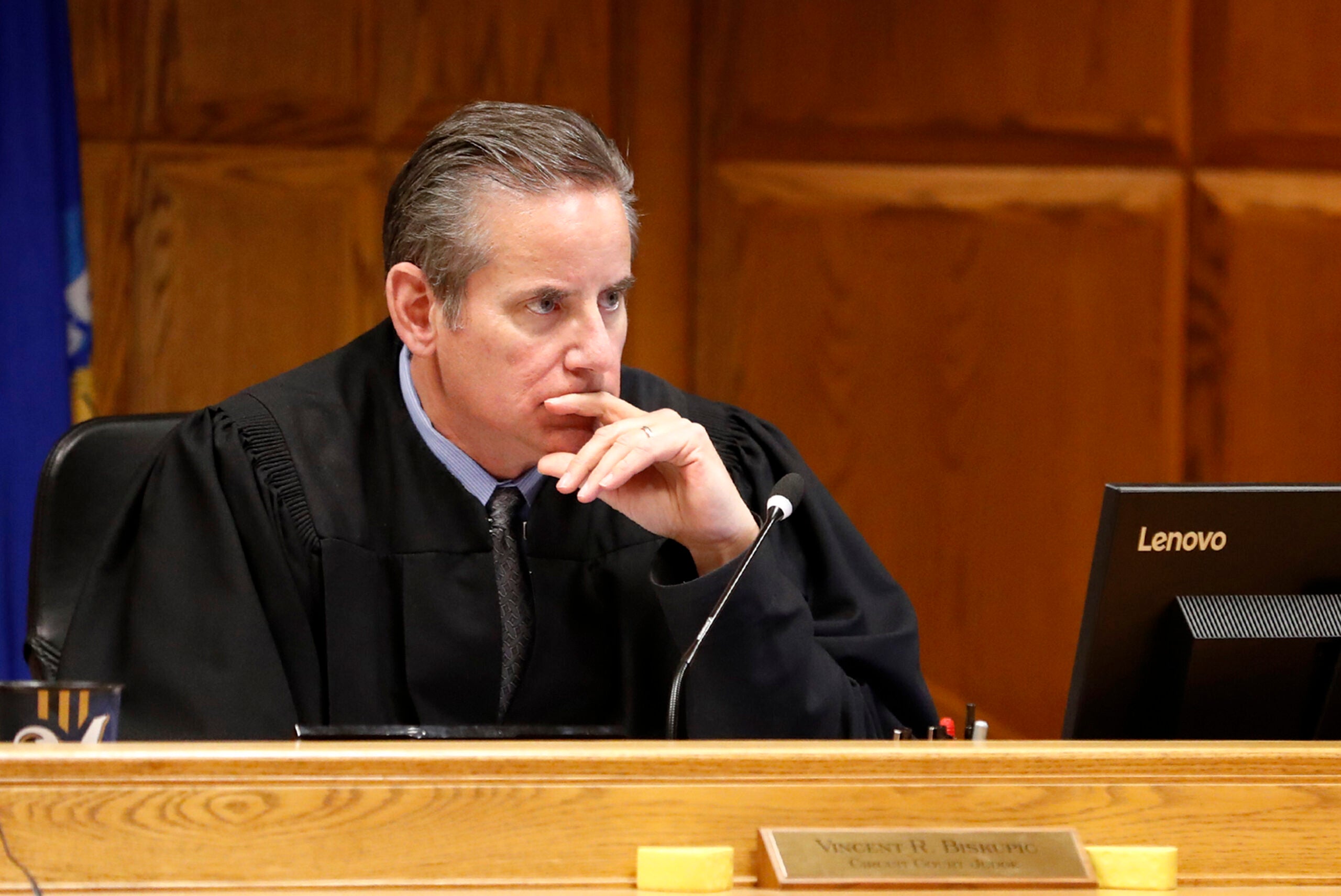A new study finds state courts are still struggling with how to comply with a 2012 Supreme Court ruling that limits the use of mandatory life without parole sentences for juveniles who commit serious crimes.
Wisconsin doesn’t have a mandatory life without parole law, and there is only one person serving such a sentence in the state. But authors of the new study say Wisconsin has an opportunity to do what 11 other states have done to comply with the ruling.
“Hawaii recently banned juveniles from ever serving life without parole. West Virginia has as well,” said Josh Rovener of the Washington, D.C.-based Sentencing Project. “In Massachusetts, the state Supreme Court banned the sentence.”
Stay informed on the latest news
Sign up for WPR’s email newsletter.
Ashley Nellis, one of Rovener’s colleagues at the project, said Wisconsin judges and prosecutors can join these states in living up to the central findings in the high court’s ruling: “Which are that young people can change – even young people who have committed very serious crimes,” she said.
The debate over whether violent juvenile offenders should be treated differently than adults has recently received increased public attention in Wisconsin. Two 12-year-old girls nearly stabbed their friend to death earlier this month, in an incident that attracted national media attention; they will soon be on trial in Waukesha, and may be tried as adults.
“Kids that young should not be held to the same kind of standard sentences that you might give an adult,” said Jim Moeser of the Wisconsin Council on Children and Families. “I think that’s starting to creep into the dialogue and discussion.”
The two girls have confessed to planning the crime and face up to 65 years in prison if they’re convicted.
Wisconsin Public Radio, © Copyright 2024, Board of Regents of the University of Wisconsin System and Wisconsin Educational Communications Board.





